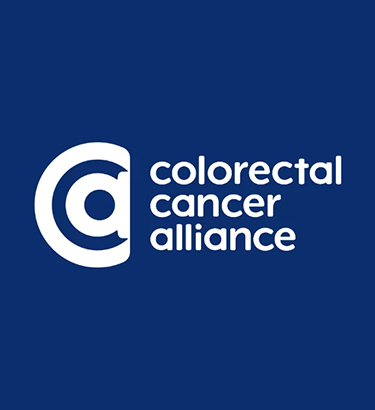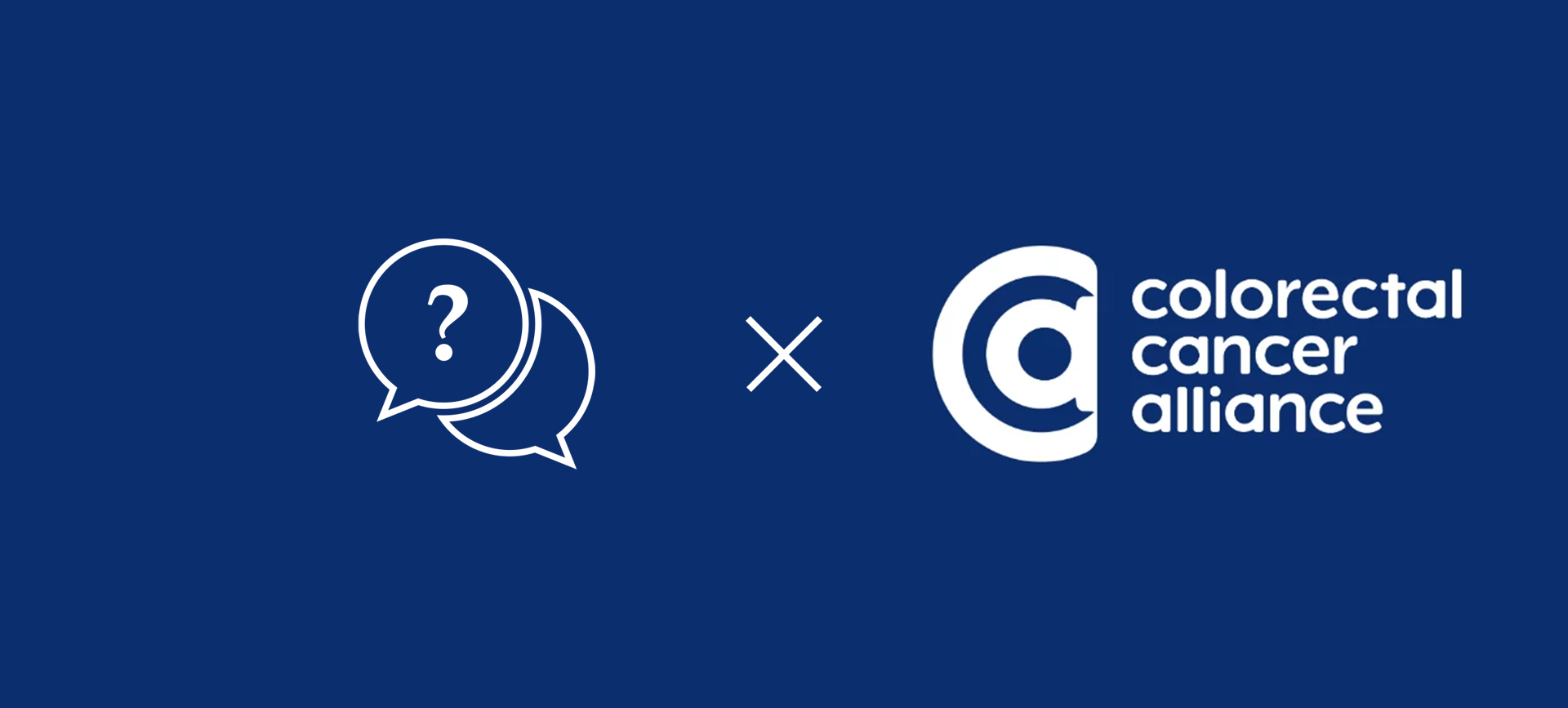While other cancers may get more coverage in the media, and their ribbon colors are better known, colorectal cancer (dark blue ribbon) deserves your attention. It is an equal-opportunity disease—all genders have a colon and a rectum, so no one is immune to it—and doesn't tend to present symptoms until well in its progression. Plus, it's the second-leading cause of cancer deaths overall in the United States.
More than 151,000 people are expected to be diagnosed with colorectal cancer in 2022, and more than 52,000 will die from it, according to estimates by the American Cancer Society.
Paying attention now?
As part of Giddy's Colorectal Cancer Awareness Month series in March, we contacted Marcie Klein, vice president of prevention for the Colorectal Cancer Alliance, who sent us written answers. Klein has been with the alliance for more than a year and has made it her objective to end the stigma that surrounds colorectal cancer and prevents people from taking the lifesaving action of routine screening.











